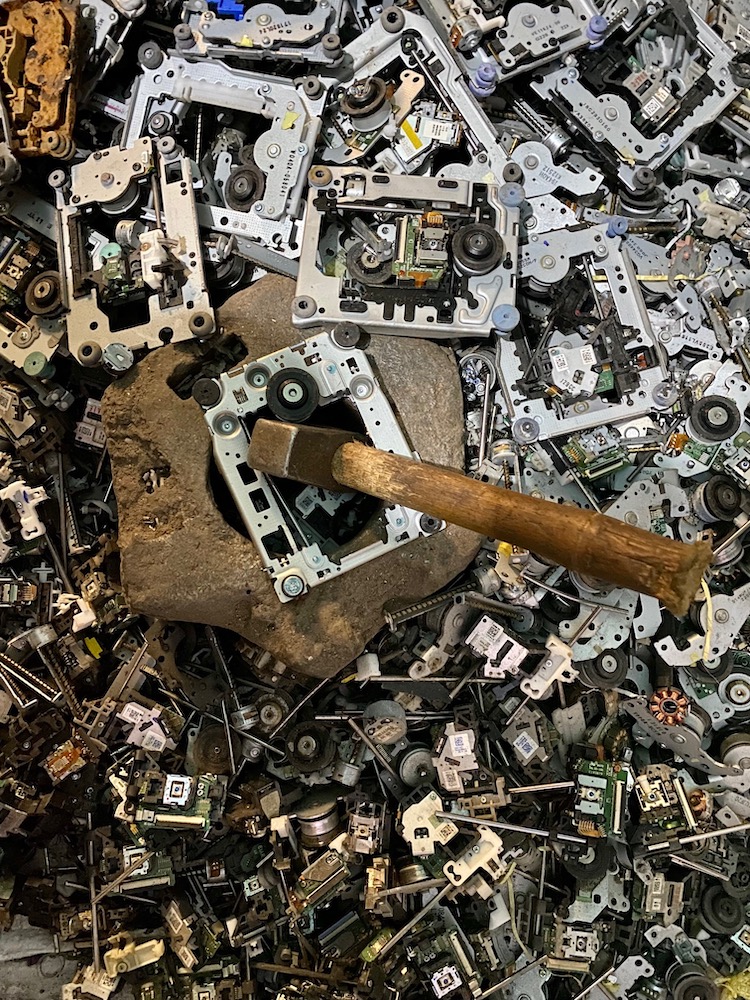Indian E-Waste Management. Interview with Gayatri Jai Singh Rathore
Gayatri Jai Singh Rathore

Gayatri Jai Singh Rathore is the author of the recently published Etude du CERI, “Recycling Regime, Environment and Exclusion of Electronic Scrap Workers in Delhi”. In this thorough study of a little known activity and sector, Gayatri shows both the formalisation of the Indian e-waste sector and how this has created a “recycling regime” that contributes to further exclude the informal labour of scrap workers, essential to the economy. She answers our questions. Access the interview here.
Abstract
In recent years, the Indian e-waste sector has undergone a process of formalisation through the implementation of E-waste Management Rules (2016), leading to the creation of what I call recycling regime. The upper and middle classes, along with NGOs and industry actors, are frontrunners in thinking about e-waste policies. They were prompted by a twofold motive: the desire for a “world-class”, clean, and pollution-free city; and seizing business opportunities by extracting value from e-waste. Rather than replacing the State, they co-opted the State so that it would legislate to safeguard the environment, and address toxicity and health problems associated with e-waste. Recycling regime relies on formalisation processes embedded in multiple technologies—technicity, capital-intensive facilities, certifications, authorisations, and licences—that work together to exclude the “informal” sector from the e-waste governance system. Recycling technologies act as “technologies of domination” that further contribute to sidelining the “informal” labour of scrap workers or e-kabadis, who as Muslims already find themselves on the margins of society. However, the recycling regime fails to safeguard the environment in the end as e-waste trickles down back to the informal sector via authorised actors.










